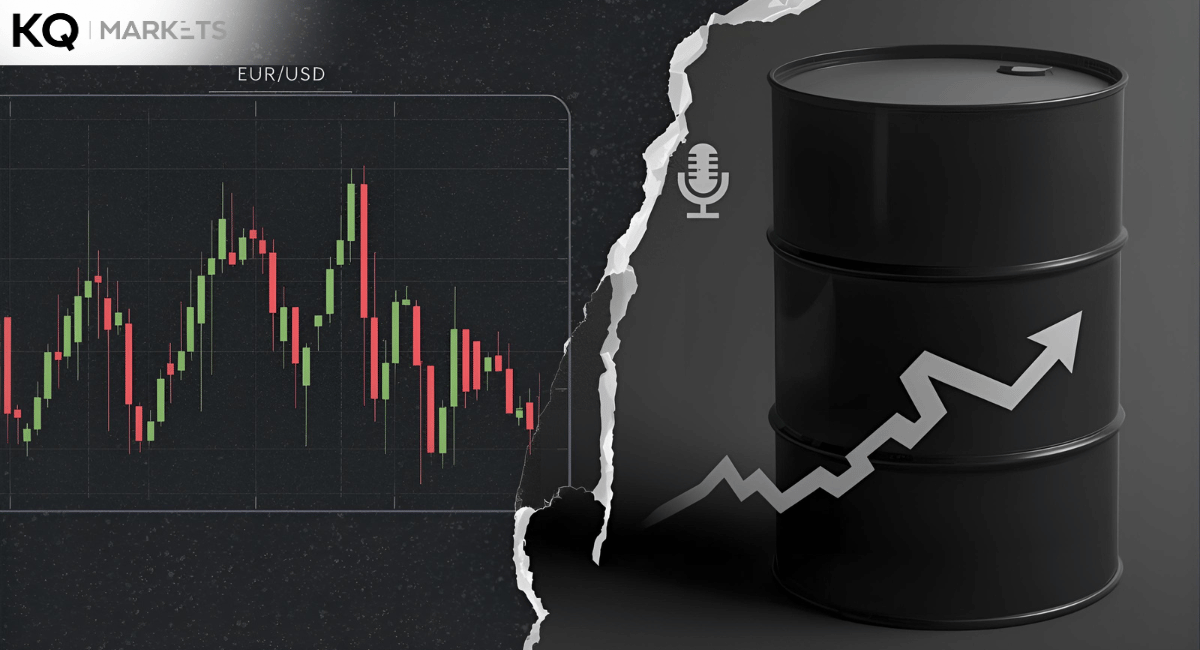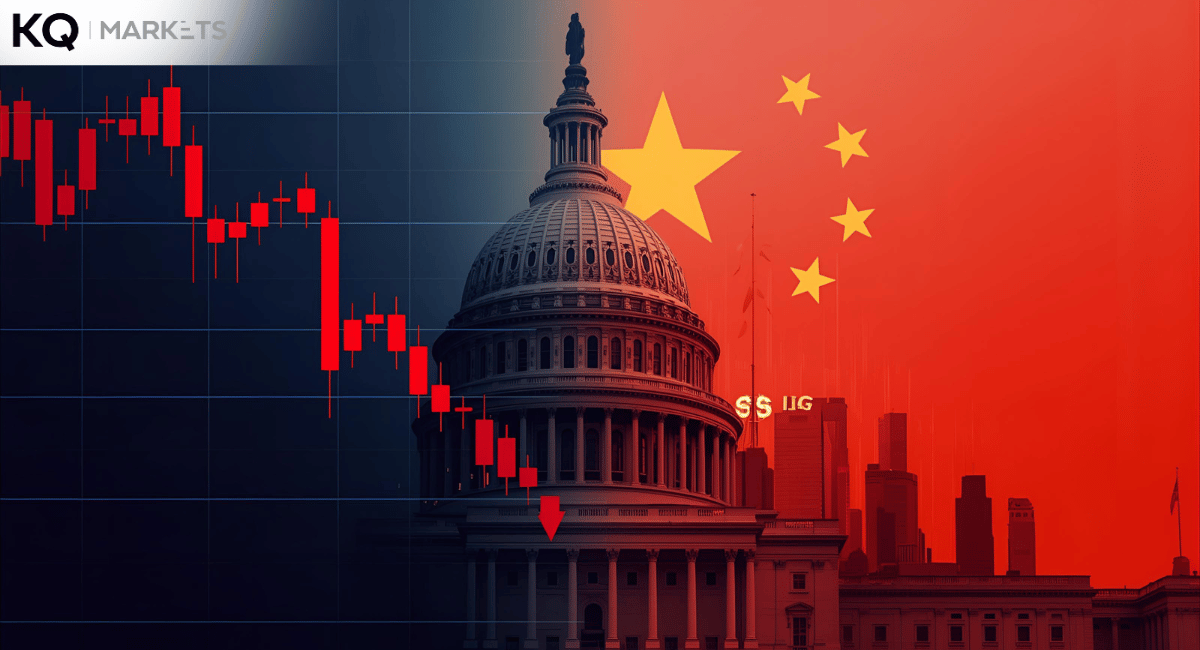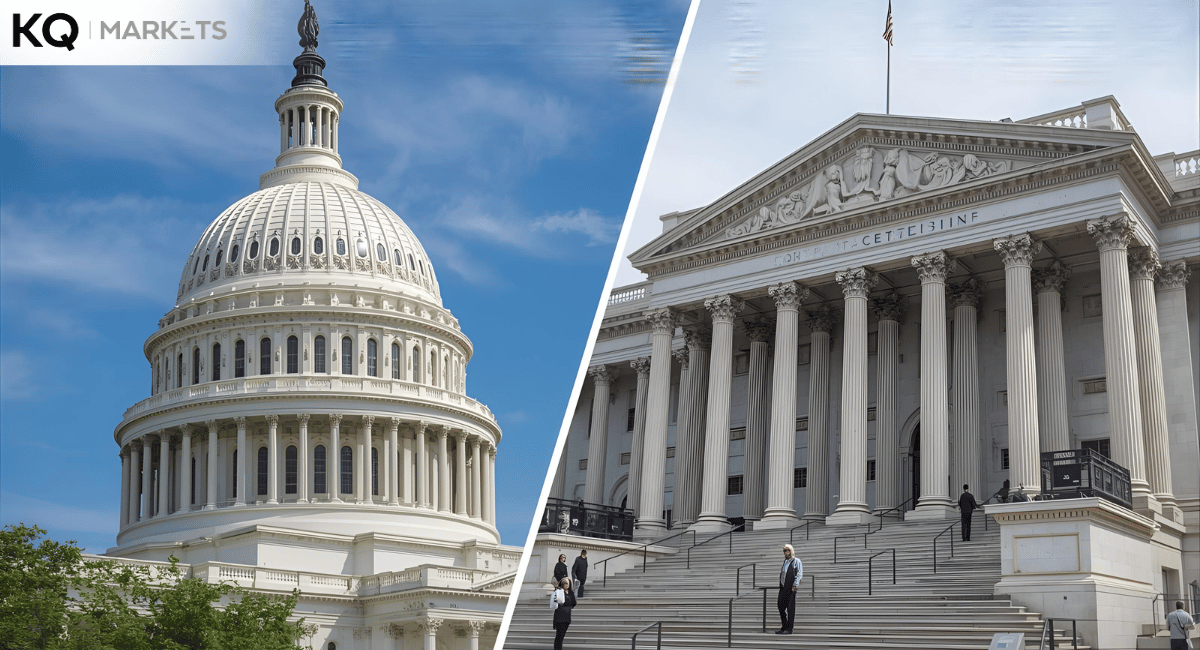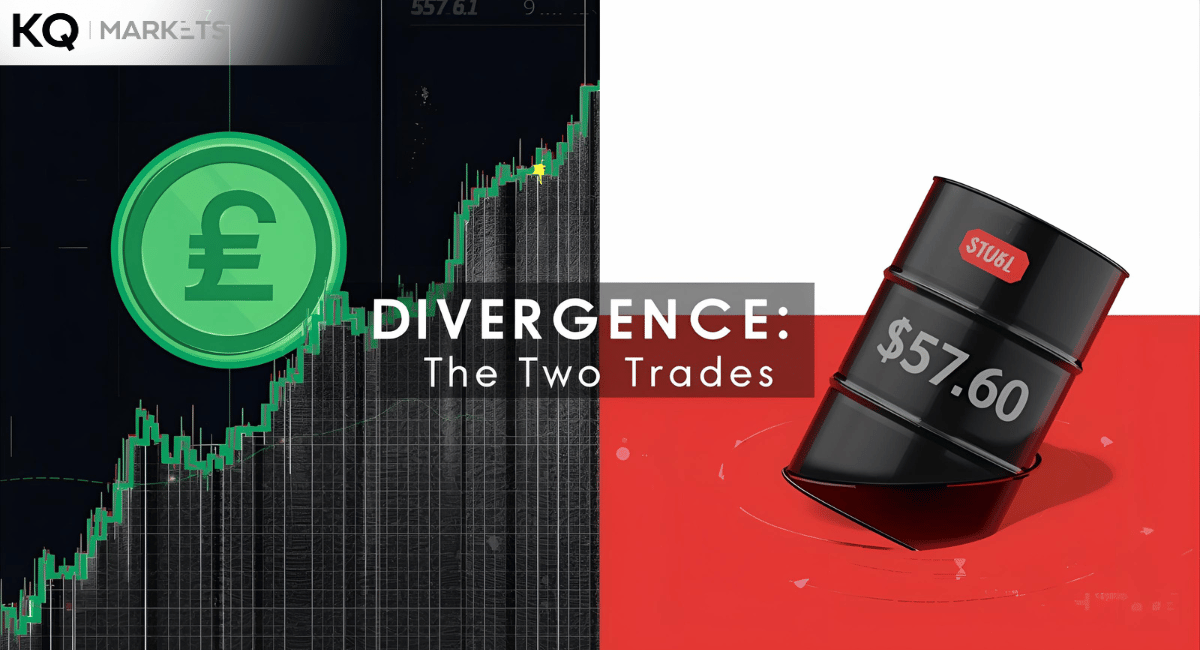Revised stats indicate that the UK economy rose 0.7% from January to March 2024. It exceeded the 0.6% estimate due to increased consumer spending. In any case, this post uncovers why the UK economy grows more than predicted.
UK Economy Grows More than Estimate Overview
The UK economy grows more than estimated to mark a significant milestone since it emerged from a recession in 2023. The Office for National Statistics indicates that the UK's economic growth mainly resulted from the services sector. In general, hospitality, banks, and hairdressers recorded a significant growth.
The UK's economic growth made it the fastest-growing G7 country in the first quarter of 2024. Thus, the rise of the UK GDP growth is pivotal in the forthcoming general election campaign for the Conservative and Labour Party.
Prime Minister Rishi Sunak expressed commitment to a stable UK economy. On the other hand, the Labour Party criticized Prime Minister Rishi Sunak and the Conservative Party for economic mismanagement over the last 14 years.
Why UK Economy Grows More Than the Estimate
The UK economy rose 0.1% more than estimates due to rising household disposable incomes, a more robust services sector, and increased consumer spending. This growth helped the UK emerge from a recession, becoming the fastest-growing G7 economy. Here is why the UK economy grows more than estimated:
- Increased Consumer Spending
Increased consumer spending helped the UK's economic growth surpass estimates. In general, consumer spending in areas like food, housing, culture, and recreation rose during the first quarter of 2024. The rise resulted from higher household disposable incomes due to wage increases, stimulating economic activity.
- Services Sector Growth
Sectors like hospitality, banks, and hairdressers exceeded estimates to help the UK's economic growth surpass predictions. Overall, these services showcased strong performance that boosted economic activity and UK GDP growth. They showcased resilience that boosted the UK's recovery from recession, supported financial stability, increased consumer spending, and created job opportunities.
- Household Disposable Income
Household disposable incomes rose due to wage increases, which resulted in higher consumer confidence. Thus, the wage increases enabled households to spend more money on food, housing, culture, and recreation. The rising consumer income also contributed to increased savings rates, rising to 11.1% in 2024 from 10.2% in 2023.
UK Economy Grows More Aftermath
The UK emerged from recession and became the fastest-growing G7 country following stronger-than-expected economic growth. This economic growth hike has fuelled several household financial impacts and political implications. This section uncovers the UK economy grows more than estimated aftermath.
- Household Financial Impact

The UK interest rate stands at a 16-year’ high of 5.25%, resulting in hiked borrowing costs for loans and mortgages. Liberal Democrat treasury spokesman Sarah Olley noted that the economic growth could cold comfort struggling families. Meanwhile, Paul Dales of capital economics noted rising saving rates and disposable incomes.
- Political Implication
The Conservative Party, through Prime Minister Rishi Sunak, highlighted the recent UK GDP growth as a sign of effective economic management. Meanwhile, the Labor Party criticizes the Prime Minister for a failed approach over the last 14 years.
Wrapping Up!
The UK economy grows more than estimated due to rising household disposable income, growth in the service sector, and increased consumer spending. Thus, the growth directly impacts the UK’s political landscape and consumer confidence.





